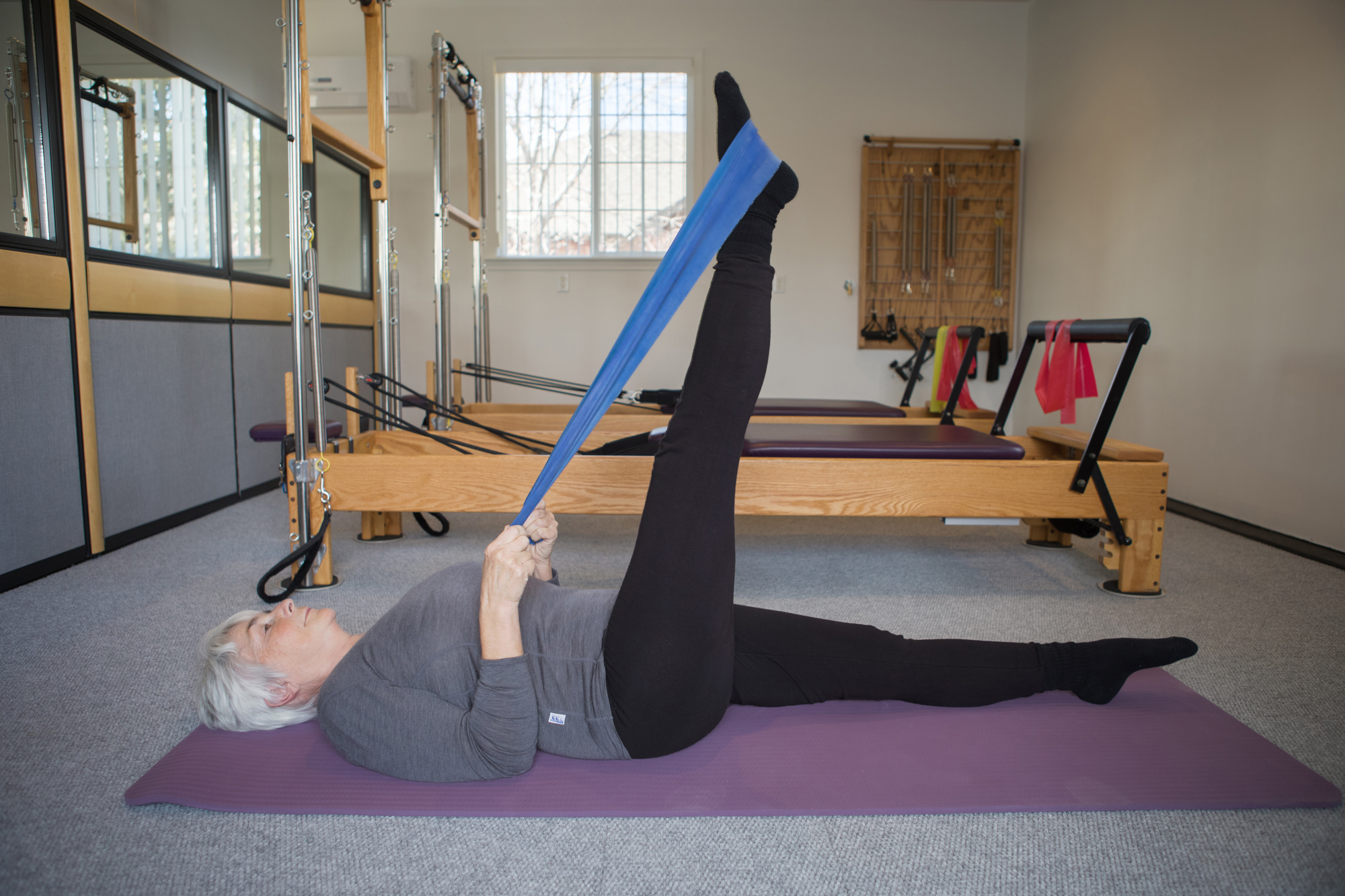What Are Essential Oils?
Extract from National Association of Holistic Aromatherapy
“Essential oils are, “highly aromatic substances made in plants by special cells but at this stage the material is not yet an essential oil, but is called an essence. It becomes an essential oil only after it has been extracted by distillation.” Essential oils embody the plants from which they are extracted from in a number of ways: Chemically, physically, aromatically, and spiritually (National Association for Holistic Aromatherapy).
Chemically: Essential oils are a complex make-up of volatile chemical components. These include, but are not limited to, phenols, alcohols, aldehydes, and esters. Each chemical component contributes to the overall therapeutic effect of the essential oil. An essential oil’s chemical make-up may vary from the plant from which it was extracted from, due to its method of extraction; for example, distillation vs. carbon dioxide extraction vs. expression.
Physically: Factors such as environment, altitude at which the plant was grown at, geographical location, time and method of harvesting of the plant can alter the chemical components of the final essential oil.
Aromatically: The aroma of an essential oil may not resemble the aroma of the plant as closely as you think because of the influences mentioned above. However, a true essential oil should be subtle in aroma (unlike its synthetic counterpart) and remind you in some part of the plant from which it was extracted from. Descriptors for aromas of essential oils are vast but include minty, citrus, floral, balsamic, green, earthy, and woody.
Essential Oils Safety
Storage – Keep essential oils bottles tightly closed, in a cool place and out of the sunlight.
Essential Oils Safety – As a general rule, the children, elderly, ill and allergic individuals should use only diluted essential oils and should be observed by qualified professional. The allergic person reacts to doses that are too small to bother most other people.
Before You Start-Skin Sensitivity Test – Always skin-test an essential oil before use. Place one drop of the essential oil on the skin of the forearm and cover with a band aid. Wait for 20 minutes, remove the band aid and check for redness, swelling, and itching. If none of these are present proceed with the use of the essential oil application. On rare occasions a delayed hypersensitivity reaction may occur up to 48 hours.
Generally, people with allergies must be very cautious with essential oils. The least sensitive area is the sole of the foot.
- Before using essential oils, consult a physician if you are pregnant, ill or undergoing drug therapy.
- Keep Essential Oils away from children.
- Essential Oils do not dissolve in water and must be diluted with a carrier or vegetable oil.
- Avoid contact with eyes or sensitive skin areas. Milk can be used to flush the sensitive area should contact occur.
- Do not add undiluted oils to bath water; add the essential oils to Epsom or Sea Salt, milk or bath gel and then add to the bath water.
- Citrus oils can cause skin sensitization (photosensitivity) when the skin is exposed to the sun after application. That is because compounds found in citrus oils—known as furanocoumarins—greatly increase UV sensitivity. Citrus oils are: Lemon, Orange, Grapefruit, Mandarin. Avoid exposure to sun or tanning beds after application; cover the area if you use citrus essential oils and expose skin to sun (wear long sleeves, avoid wearing shorts etc)
- Some oils have a very strong caustic characteristics and should be used with caution, generally in diluted form ( oregano, cinnamon)
- Essential Oils rich in menthol (peppermint) should not be used nor the neck or throat of children under 30 months of age.
- Avoid Rosemary, Tansy, Wintergreen, Birch, Fennel, Hyssop, Sage, Nutmeg, Tarragon Essential Oils in case of epilepsy or seizures.
- Avoid Rosemary and Thyme essential oils in case of high blood pressure.
- Avoid warm baths with Epsom Salt or other bath salts in case of low blood pressure.
- Always have a good quality vegetable oil handy when using essential oils; use it to dilute essential oils before use or to rinse an irritated skin area
- Periodically take a break from using essential oils; use for six days and rest for one day, or use for three weeks and rest for one week.
Clinical Application
Direct Inhalation can be achieved by breathing in the essential oils vapors directly from the bottle; or several drops on a handkerchief, cotton ball or Kleenex; or placed in hot steaming water and breathing in the rising vapors. Avoid contact with the eyes.
Diffusion—A diffuser disperses oils without the heating or burning that can render the oil therapeutically less beneficial. Start diffusing oils for only 15-30 minutes per day. As you become accustomed to the oils and recognize their effects, you can increase the time.
Massage—Mix 3-4 drops of essential oil with ½ tbs. of Carrier Oil to create your own custom massage oil. Lavender is my favorite for massage applications.
Creating a compress – Dilute 1 drop of the essential oil of your choice in 2 drops of Carrier oil and rub on the desired location. Cover with a hot, dump towel; cover the moist towel with a dry towel for 10-60 minutes. As the oil penetrates you may experience a warming or even a slight burning sensation, especially in the areas where the greatest benefits occur. If burning becomes uncomfortable, remove the compress and apply Carrier Oil or any vegetable oil.
Reflexology – a specialized form of hand and foot pressure application that is exceptionally effective at delivering the benefits of essential oils throughout the body. Contact your Reflexologist for more information.
One of my favorite carrier oil is Fractionated Coconut Oil : It can be used to mix with essential oils to create blends, formulas and massage oils or to rinse out an area that received an accidental splash of essential oil. This oil complex nourishes the skin, has a long shelf life, doesn’t clog pores and will not stain clothes.
Using Essential Oils as Deodorant
Essential oils prevent smelly bacteria from growing, leaving you fresh without relying on harsh chemicals. However, since Essential Oils blends do not contain chemicals to prevent you from sweating, they won’t be as powerful or long-lasting as commercial antiperspirants and deodorants. On the other hand, using an all-natural formula is typically gentle on your skin, which means that you can apply it frequently without irritating your skin, and you can tailor the ingredients to suit your exact skin care desires.
Although you can choose your oils based on how they smell, it’s also important to include essential oils that kill bacteria. This way, you’re not only masking odors — you’re also preventing them.

